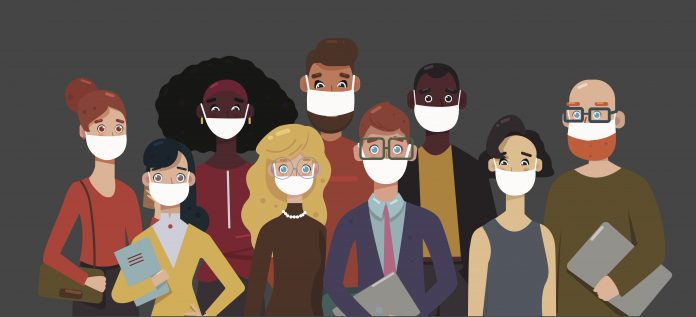New research is debunking the theory that people from migrant backgrounds do not have adequate access to COVID-19 related information.
The Settlement Services International (SSI) research surveyed 810 people from different families living in areas that had been identified as COVID-19 hotspots showing participants took the pandemic very seriously – disproving much of the racist stereotyping seen in the media in recent months.
SSI also says that there is determination of community leaders to prevent the scapegoating of migrant communities in NSW during the pandemic and highlight the importance of connecting with people, peer to peer, through trusted relationships, to communicate health and safety messages.
As a community organisation providing settlement and social services, including foster care, employment and disability services, SSI is feeling the impact of COVID-19 on some of its most vulnerable individuals and communities.
The identification of pockets of Western Sydney as COVID-19 “hotspots” heightened the sensitivity of SSI and community leaders to how community members were experiencing the pandemic.
SSI conducted the survey of clients in its Humanitarian Settlement Program residing in Fairfield, Liverpool and Campbelltown LGAs to understand their experience and perception of COVID-19 and to ensure they were receiving up-to-date information.
The data suggests that respondents are engaging in all the recommended safety measures including using sanitisers, washing their hands and practising social/physical distancing.
The survey also found that respondents are taking active measures to ensure their safety and the safety of the community at large.
Consultations and virtual roundtables with 25 community leaders and representatives in metro and regional NSW revealed that communities used social media and phone calls to connect and reduce isolation, with some people using virtual meetings and information sessions to support community activities and information sharing.
It also showed that across communities there are numerous examples of asset and resource sharing, demonstrating a strong willingness to help others through the pandemic and leaders emphasised the need to be kept up to date with ongoing COVID-19 changes, especially around policy, health, travel, support and wellbeing.
“Should there be a Melbourne-scale outbreak in Sydney, migrant communities do not want to be scapegoated. SSI has stayed connected to community leaders and can see evidence that they have taken the initiative and are exercising leadership to make sure their communities are COVID-19 safe,” says SSI CEO Violet Roumeliotis.









